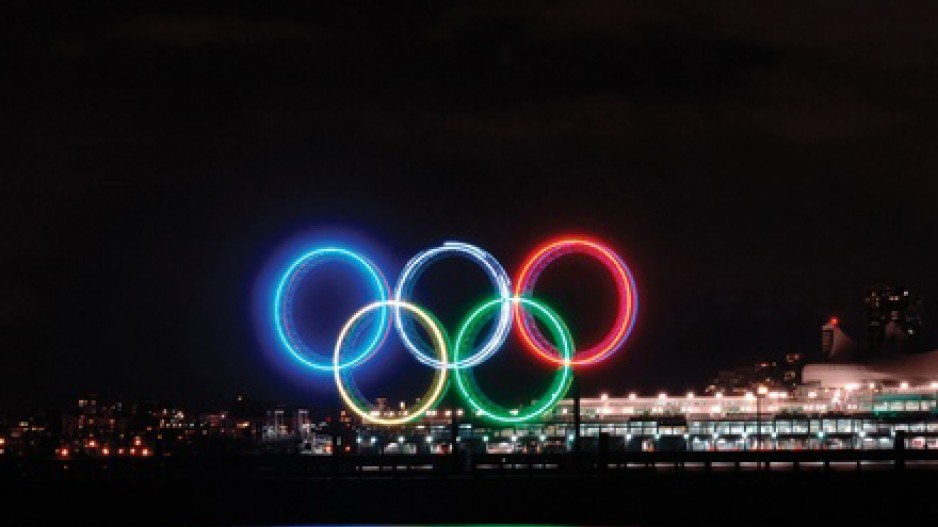Only two of the seven members of the core team studying feasibility of a Vancouver 2030 Winter Olympics bid are Indigenous.
Last December, Vancouver Mayor Kennedy Stewart and Whistler Mayor Jack Crompton announced they were exploring an Indigenous-led bid with leaders of the Four Host First Nations — Musqueam, Squamish, Tsleil-Waututh and Lil’wat — when they signed a memorandum of understanding at BC Place Stadium.
The Canadian Olympic Committee (COC), which pledged support in February, provided the list of the seven people to a reporter late May 2. It includes former Squamish Nation councillor Tewanee Joseph, who was executive director of the Vancouver 2010 Four Host First Nations Society, and Skwah First Nation Chief Lara Mussell Savage, who worked as an Indigenous and youth sport manager at the Vancouver 2010 organizing committee (VANOC). Skwah is part of the Sto:lo Nation in Chilliwack and is not one of the Four Host First Nations.
At the top of the feasibility team list is COC president Tricia Smith. It also includes COC vice-president of international relations and public affairs Andrew Baker, former VANOC sport vice-president Tim Gayda, former VANOC Games operations director Mary Conibear and Own the Podium communications consultant Chris Dornan.
Dornan said the core team is only “a small operational group working within the greater team.”
He said the Four Host First Nations are providing direction and invited the seven people who are “working under leadership, collaboration, coordination and commitment with the Nations.”
“We are working as one team,” Dornan said.
A three-member IOC technical review team began a visit May 1 to Vancouver and Whistler as part of the ongoing quest to find a host for the 2030 Games. The group arrived from Salt Lake City where it met 2030 bid officials in the 2002 host city.
The IOC has replaced costly bidding wars with a new process to encourage interested cities to negotiate behind closed doors through “continuous dialogue." The 2030 host is expected to be chosen by May 2023 at the IOC session in Mumbai, India.
The new process, however, is secretive. The IOC refused to name its delegation or provide an itinerary. It said “each interested party is free to communicate to national and regional media when it feels the time is right.” However, the COC and local governments have kept most details under wraps.
The City of Vancouver’s manager of sport hosting, Michelle Collens, referred a reporter to Johann Chang in the city hall communications department, who then referred the reporter to the COC. The COC provided part of the same statement that was already supplied to the reporter three days earlier.
On April 11, Stewart’s office said a draft 2030 Games concept would be provided to the two municipal and four band councils for consideration in June.
However, on April 28, Conibear registered on behalf of the COC to lobby Premier John Horgan and his staff, five ministers, the BC Lottery Corp. and BC Pavilion Corp. for staff resources to help create the conceptual plan.
“Should a Games concept evolve into a successful bid, it could impact a host of government policies, including Indigenous relations, the environment, housing, economic development and others,” said Conibear’s registration.
Missing from the team is the man who hatched the idea for a 2030 bid two years ago: ex-Vancouver 2010 CEO John Furlong.
“John is not involved in the project,” Dornan said.
